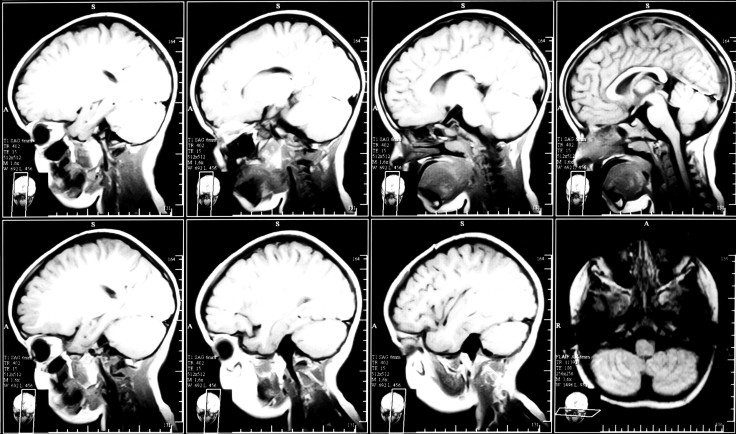Brain Injury Could Triple Chance For Early Death: Researchers Link TBI to Suicide, Substance Abuse, And Psychiatric Illnesses

Traumatic brain injury (TBI) could leave its survivors three times more vulnerable to die earlier than the general population, according to a recent study published in JAMA Psychiatry. TBI — defined as a physical injury to the head most recently seen in Formula One racer Michael Schumacher’s skiing accident and a string of NFL injuries — might increase the risk for suicide and fatal injuries, the study reports. About 1.7 million Americans are hospitalized for TBI every year, most often for sports injuries and car accidents.
Looking at Swedish medical records from 1969 to 2009, researchers at Oxford University and Stockholm’s Karolinska Institute compared the death rates for people diagnosed with TBI to those of the victim’s healthy siblings and to members of the general population. Sibling comparisons helped eliminate any genetic causes for the victim’s early deaths. In a press release, lead researcher Dr. Seena Fazel says they found “people who survive six months after TBI remain three times more likely to die prematurely than the control population and 2.6 times more likely to die than unaffected siblings.”
The majority causes of these early deaths were suicides and fatal injuries like car accidents and falls. While the study doesn’t establish a cause-and-effect relationship between TBI and early death, it does provide evidence for the psychological and neurological scars left by TBI.
“TBI survivors are more than twice as likely to kill themselves as unaffected siblings, many of whom were diagnosed with psychiatric disorders after their TBI,” Fazel said in the press release. He suggests that future TBI patients should receive long-term assessments similar to chronic illnesses like diabetes and monitoring for psychiatric disorders like depression.
Indeed, the study found that 61 percent of its subjects had psychiatric or substance abuse problems, either before their injury or developed after it. This portion of the study sample showed the highest risk for premature death, or death before the age of 56.
Carl Bazil, a neurology professor at Columbia University isn’t surprised by the study’s results but finds the magnitude of TBI’s risk impressive because it involves death. “We know that people who have had significant brain injury are at higher risk for psychiatric problems, and this in turn increases the risk of suicide and substance abuse,” says Bazil. “The latter may be partly responsible for the increase in accidental death.
Like Fazel, Bazil believes the study emphasizes the importance of following up with head injury patients, most especially in the area of mental health. “Psychiatric diagnoses [are] commonly overlooked due to patient and physician bias, as well as lack of insurance coverage,” says Bazil.
In the press release, Fazel says depression, substance abuse and other psychiatric disorders are "all treatable conditions", offering renewed possibility in treating the aftershock of TBI.
Source: Fazel S, Wolf A, Pillas D, Lichtenstein P, Långström N. Suicide, Fatal Injuries, and Other Causes of Premature Mortality in Patients With Traumatic Brain Injury. JAMA Psychiatry. 2014.



























